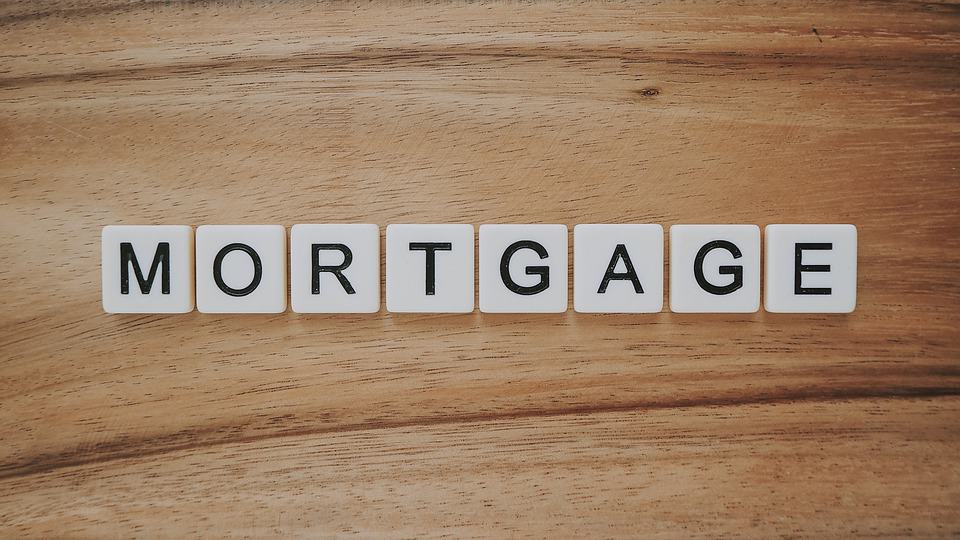With the average property price in America rising to almost $227,000, it’s now more expensive than ever to buy a home. As a result, the majority of prospective home buyers need a mortgage, but often don’t know much about what mortgages entail. Here, we explain all.

What Is a Mortgage?
A mortgage is a form of secured loan that’s used to buy your home.
Usually, you will pay a deposit for the home out of your own equity (at least 10% of the home’s value), and your lender will pay the balance. You will then make monthly repayments to the lender (including interest) until you’ve paid off the entirety of the loan.
Due to the size of the loan, most mortgages run for 25 years or longer. But if you have a large deposit, you can take a mortgage over a shorter period.
How Do I Know What My Repayments Will Be?
Your mortgage repayments will be based on a number of factors, and your lender or mortgage broker will talk you through these in detail when you apply. Generally speaking, the higher the amount of money you borrow, the more expensive your repayments will be.
But your repayments will also partially depend on your personal circumstances, such as your credit score. If you’re thinking about getting a mortgage with bad credit, then it’s important to know that your mortgage repayments will be higher because you will be considered at greater risk of not managing these monthly payments. Thankfully, some issues with your credit score are easy to resolve and you may find simple ways you can improve your credit score before you apply. If you do, your repayments will be lower.
Remember that if you fail to make payments, your home could be repossessed, so it’s incredibly important that you ensure you can make the repayments before you commit. As part of this, you should consider the other costs of running a home and make a budgeting plan so you know the strength of your finances.
Types of Mortgages
Different types of mortgages are available to suit different needs and situations. The most common are:
Fixed Rate
Fixed-rate refers to the interest rate attached to your loan. With a fixed-rate mortgage, your repayments stay the same each month throughout the entirety of your agreement, so it’s easy to plan your personal finances.
Variable Rate
With a variable-rate mortgage, the interest you pay changes throughout the agreement, so the amount you pay can be different from one month to the next. This rate is decided by your lender in line with their own benchmarks and it can go up as well as down.
Interest Only
With this type of mortgage, you’re not actually paying off the money you initially borrowed. Instead, you’re only paying the interest on the loan. At the end of the agreement, you’re expected to pay the money you borrowed to buy the property in a lump sum. This means your monthly repayments are lower but if you fail to pay back the loan at the end of the term, you’ll be forced to sell the property.
That’s a summary of what you need to know about applying for a mortgage. If you’re thinking of buying your first home, focus on improving your credit score before you apply. You could find the property of your dreams more affordable than you thought.










